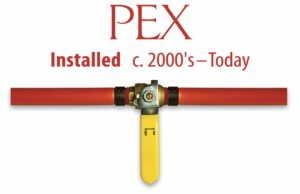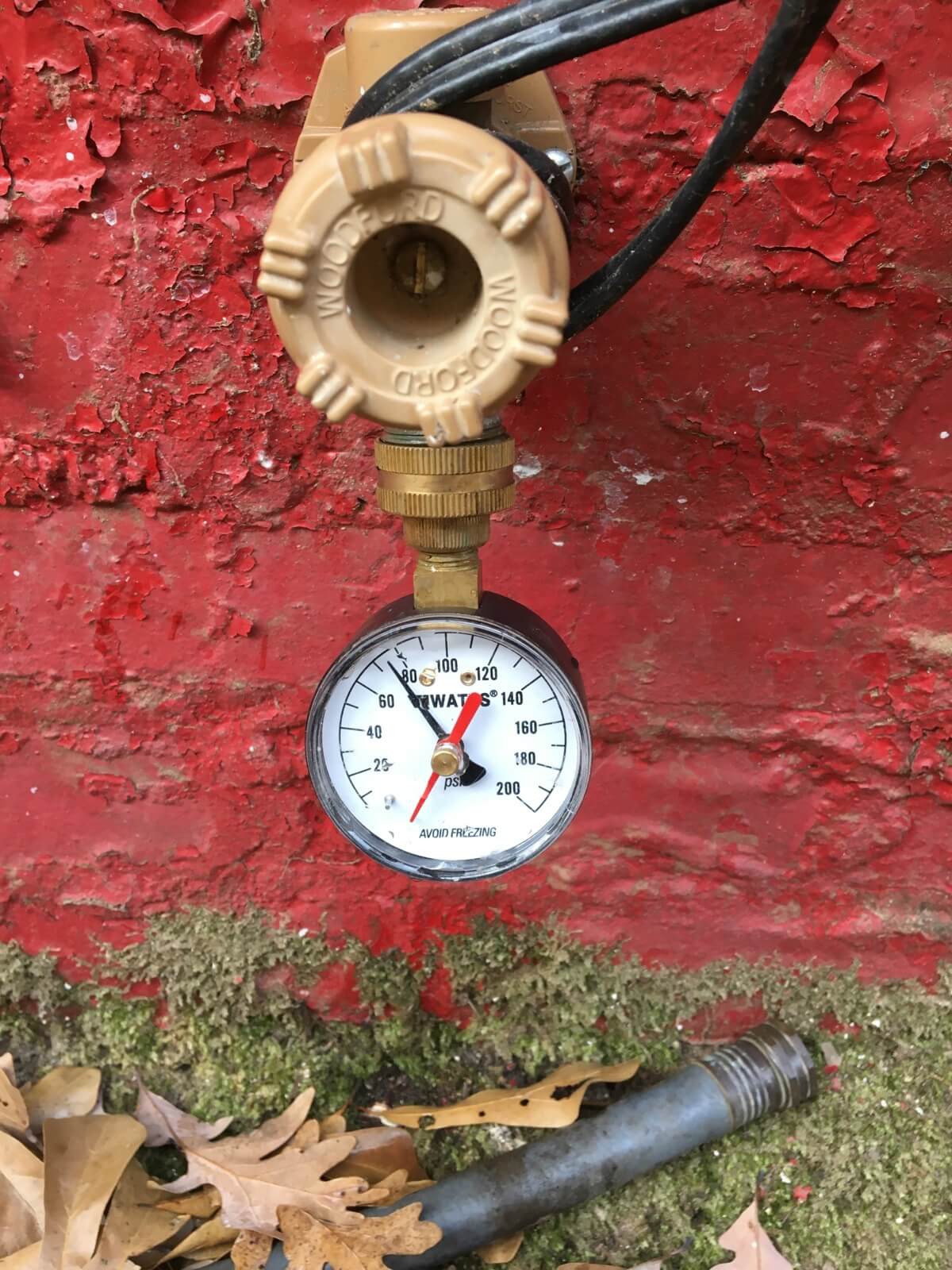4 of the Reasons to Watch Out for Pex Pipe
PEX (cross-linked polyethylene) piping has become a popular alternative to traditional copper and CPVC pipes in plumbing applications. It has several advantages, such as flexibility, ease of installation, and cost-effectiveness, making it a popular choice for many homeowners and plumbers. However, it is important to note that PEX is a relatively new material compared to copper and CPVC pipes, and its long-term durability and reliability are being questioned as more homeowners experience leaks in homes built as recently as 5 years prior to the first leaks. Here are some of the drawbacks of using PEX:
Longevity concerns: While PEX piping is relatively new compared to copper pipes, its long-term durability and reliability are still unknown. Some experts have concerns about the potential for PEX pipes to degrade over time and cause leaks or other problems.
Potential for chemical leaching: Some studies have suggested that PEX piping may leach chemicals into the water supply, which could be a concern for those with chemical sensitivities or other health concerns.
Reactions to chlorine: PEX piping can be sensitive to chlorine and other chemicals commonly used in water treatment, which can cause the piping to degrade and become brittle over time. This can lead to leaks and other issues, particularly in areas with high chlorine levels in the water supply.
Susceptibility to damage: PEX piping can be easily damaged by rodents or other animals that may chew through the piping, causing leaks and other issues.
Water pressure limitations: PEX piping has lower water pressure limitations compared to traditional water pipes, making it less suitable for certain high-pressure applications.
Reactions to chlorine: PEX piping can be sensitive to chlorine and other chemicals commonly used in water treatment, which can cause the piping to degrade and become brittle over time. This can lead to leaks and other issues, particularly in areas with high chlorine levels in the water supply.


Ty has worked in the home services and plumbing business for 20 years and is a Georgia State Licensed Master Plumber. As the owner of Plumbing Express since 2012, Ty brings two decades of industry expertise, gained through various roles and responsibilities across multiple companies. He thrives on the challenges of building and maintaining a healthy, customer-focused company. Ty stays hands-on with daily operations, promoting a principles-based culture that creates win-win outcomes for customers, vendors, and team members alike.
Water Pressure in the Home: High & Low


Ty has worked in the home services and plumbing business for 20 years and is a Georgia State Licensed Master Plumber. As the owner of Plumbing Express since 2012, Ty brings two decades of industry expertise, gained through various roles and responsibilities across multiple companies. He thrives on the challenges of building and maintaining a healthy, customer-focused company. Ty stays hands-on with daily operations, promoting a principles-based culture that creates win-win outcomes for customers, vendors, and team members alike.
Rinnai Tankless Service Flush: Yes you can!

Rinnai tankless water heaters work perfectly as long as they are installed properly and undergo an occassional “flush out” to remove mineral scale from the inside of the heat exchanger. The tankless flush is a simple procedure and if you are a slightly mechanically-inclined handy-person, give it a shot.

Ty has worked in the home services and plumbing business for 20 years and is a Georgia State Licensed Master Plumber. As the owner of Plumbing Express since 2012, Ty brings two decades of industry expertise, gained through various roles and responsibilities across multiple companies. He thrives on the challenges of building and maintaining a healthy, customer-focused company. Ty stays hands-on with daily operations, promoting a principles-based culture that creates win-win outcomes for customers, vendors, and team members alike.
Polybutylene Kills a Home Price
People who are considering buying a home with polybutylene pipe should be aware of the major and invetable problems they will experience from owning a home with gray poly. I spoke with a home inspector down in Columbus Georgia who claims to tell his clients that there is nothing wrong with polybutylene pipe and that, in fact, polybutylene pipe is very reliable and better than many of the materials currently used for polybutylene water piping.

Ty has worked in the home services and plumbing business for 20 years and is a Georgia State Licensed Master Plumber. As the owner of Plumbing Express since 2012, Ty brings two decades of industry expertise, gained through various roles and responsibilities across multiple companies. He thrives on the challenges of building and maintaining a healthy, customer-focused company. Ty stays hands-on with daily operations, promoting a principles-based culture that creates win-win outcomes for customers, vendors, and team members alike.